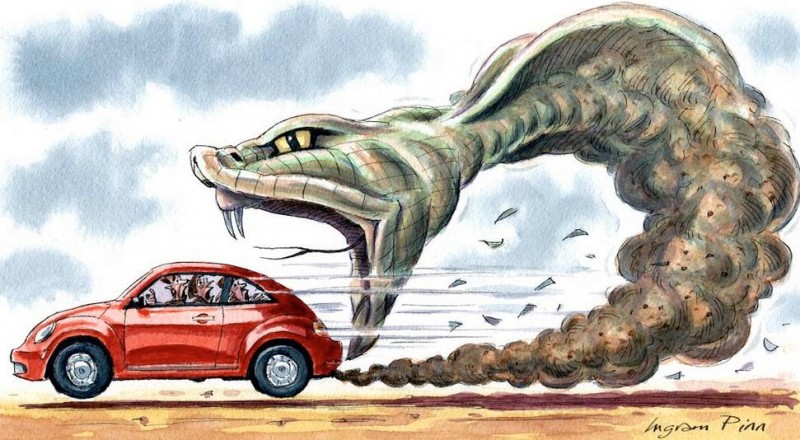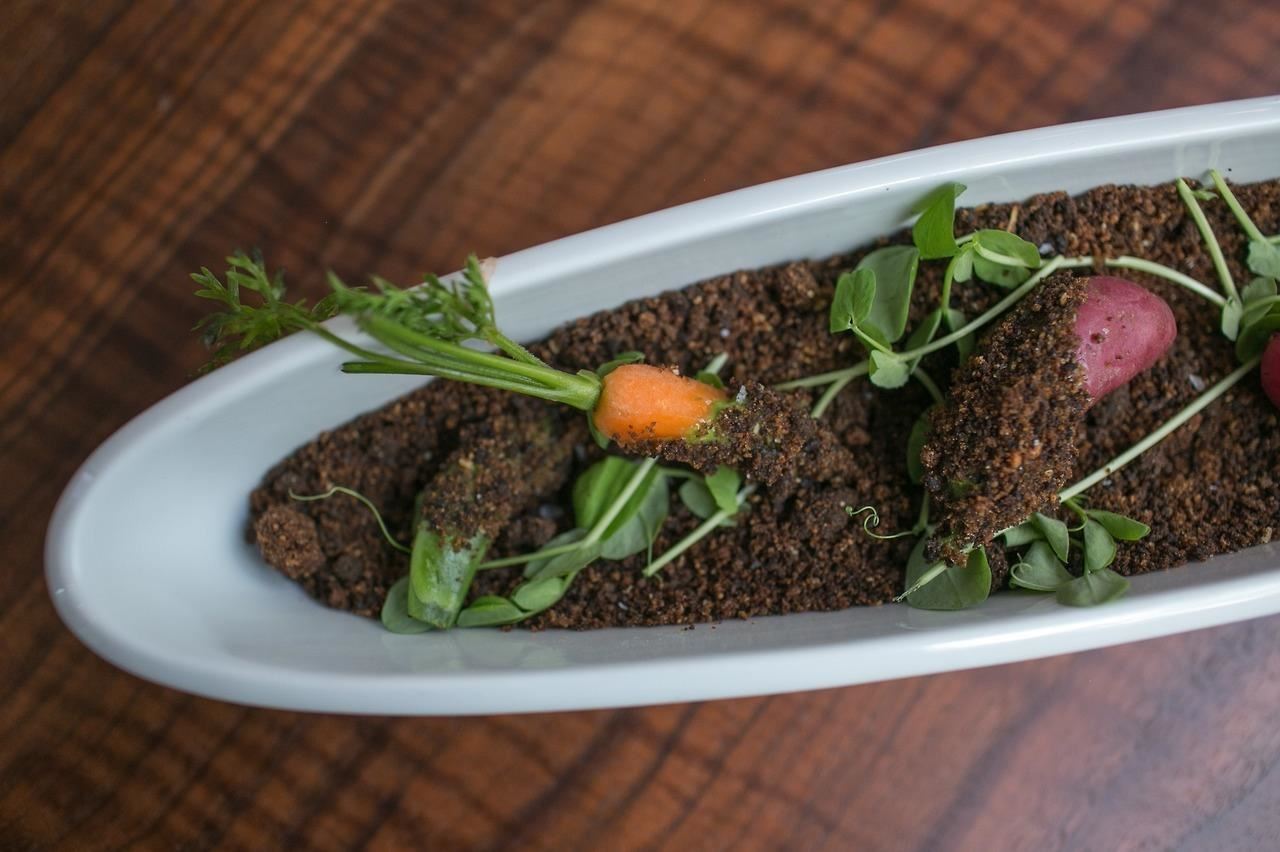Opinion: We need to transform our agriculture for the better. Here’s some ways we can make that change.

13 October 2021
The path towards sustainable agriculture in Ireland is one that has to be inclusive, including all those at a grassroots level.
Over the past year, we’ve seen more and more media coverage about the need for agriculture to operate within planetary boundaries and for it to work for community-based farmers.
So how do we do that? There are lots of documents out there to guide us, like the “Towards a New Agricultural and Food Policy for Ireland” report co-developed by the Environmental Pillar, SWAN and Stop Climate Chaos published earlier this year. There’s also invaluable on-the-ground workshops taking place, like the “Feeding Ourselves 2021” agricultural policy event I helped organise.
In order to answer that above, far-reaching questions, here are some key points I’ve seen emerge from these documents and events over the past couple of months.
Let’s think food
Food policy has to be brought more into agri-food policy thinking and policy making. This would allow a space for food sovereignty, soil, seeds and regeneration to play a more central role in developing a fair food system.
How we frame farming matters
A false debate that pits farmers against environmentalists is put forward for click bait too often, when genuine inclusive and constructive dialogue is what’s needed. The role of – and support for – high nature value farming in the initial report and conversations on the ground show that common cause can be found.
CAP isn’t fit for purpose
CAP fails citizens and tips the balance towards the wealthiest farmers and companies. Meanwhile, small farmers struggle and externalities pollute, with the citizen footing the bill. The idea of using a unique beneficiary code for each CAP recipient has been put forward to better understand how supports are used and spent. Female farmer voices’ also need to be heard to the fore.
Let’s build rural resilience
Successful programmes such as LEADER and Community-Led Local Development point to the power of finding local rural community solutions – and we need to build on these.
Agroecology works
There are multiple benefits to deep agroecological approaches. Tried and tested practices such as agroecology, organic farming and regenerative agriculture have the potential to significantly impact public goods, as I argued in his recent submission to the Joint Oireachtas Committee on Environment and Climate Action (JOCECA).
Diversify Diversification!
There are reasons we have not seen huge growth in farm diversification. For example, dairy with a Nitrogen Derogation is profitable, so the financial incentive to reduce higher stocking rates simply isn’t present. The tillage area, despite good yields, is declining, as Alan Matthews pointed out in the Feeding Ourselves policy report, where he also added some CAP-based limits on change.
However, perhaps there are opportunities. For example, we can work to make changes in where value is added in the food chain and in how widely we think of diversification as an idea and practice. Irish farmers are below average in gaining value in the food chain, as Matteo Metta revealed. (More from Metta on this here). Diversification can be about far more than just introducing one extra agronomic practice.
Ireland’s agri-food policy framework can create an enabling environment for local food producers, empowering a number of farmers to look beyond the commodities market and to capture the added value that is currently eluding them, while making their part of the world that little bit more vibrant and interconnected. A local food policy framework, as envisioned by Talamh Beo, would secure fairer and more sustainable outcomes for our farmers, our rural communities, and our natural environment.
Beware fuzzy terms
They tend to sound nice but are not settled on. Rewilding and Just Transition have come up as two that need some conceptual rigor, as well as detailed unpacking of their implications – for farmers, for communities, nationally and beyond.
Appropriate digital distribution offers rural agroecological opportunities
Good food should be accessible for all – we need to work to overcome structural inequalities at home and abroad, from food deserts to unfair global trading practices. Open Food Network offers a growing solution to in sparsely populated rural areas – being as it is a non-proprietary community owned digital farmers market. Code is critical infrastructure, and we can – and should – own and operationalise platforms for our own community use.
Look out for land
With family farming under enormous pressure, land consolidation is driving people out of rural areas and farming. A land observatory, as proposed by Mayo’s Saoirse McHugh, could help pave the way to a socio-ecological transition in rural areas. Another solution in this sphere is low interest rate land mortgages, as proposed by Kerry organic farmer Kate Carmody.
Dr. Oliver Moore is a lecturer at University College Cork and organised the Feeding Ourselves 2021 event. For more from ARC2020 visit the website or sign up to their weekly or monthly newsletter.
The full “Towards a New Policy for Agricultural and Food Policy in Ireland” and “Feeding Ourselves 2021” documents are available to read online.







